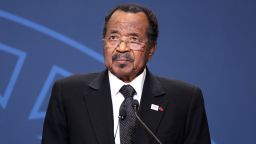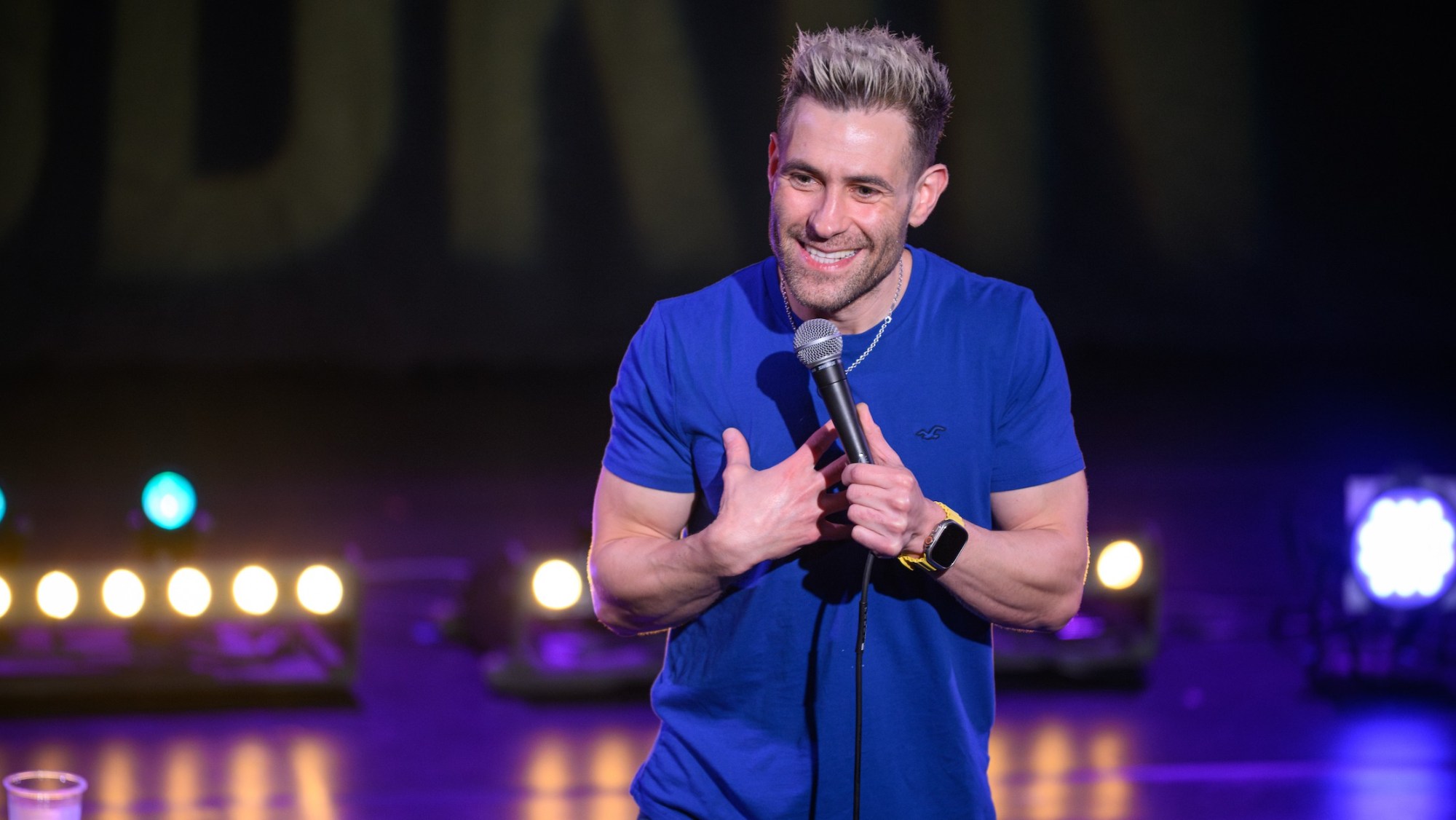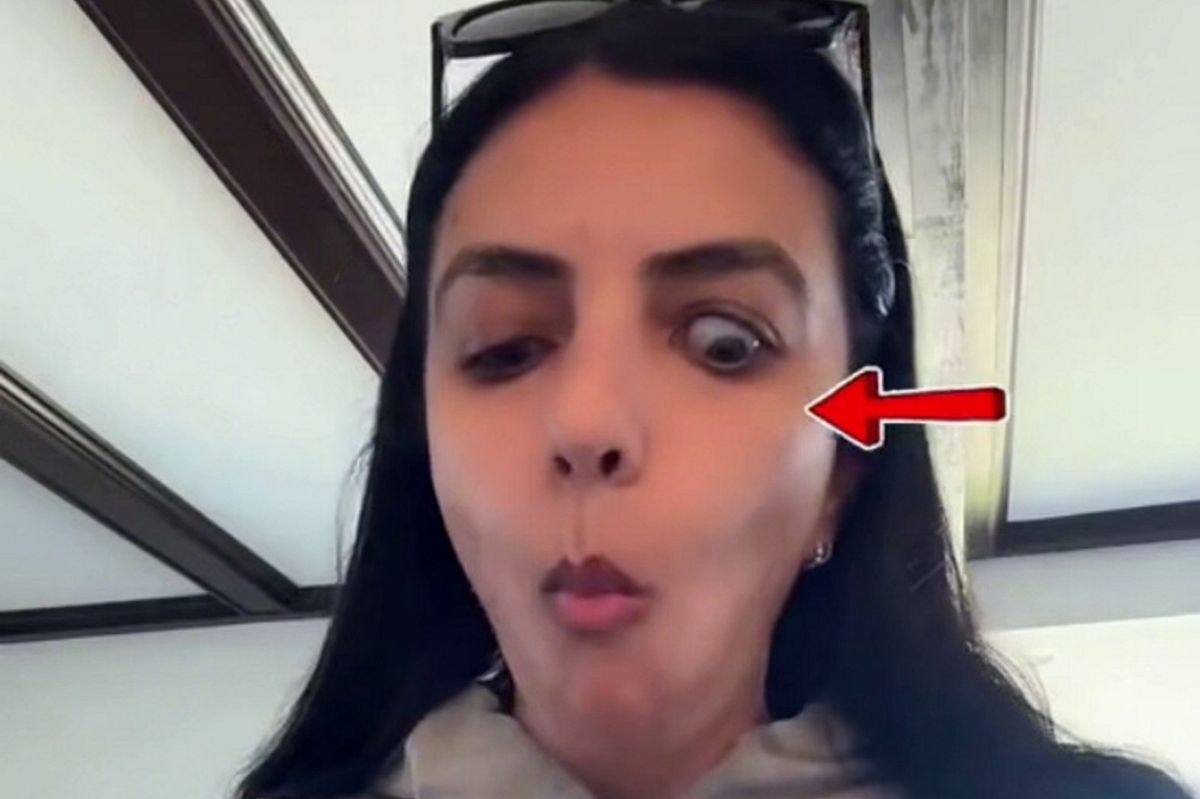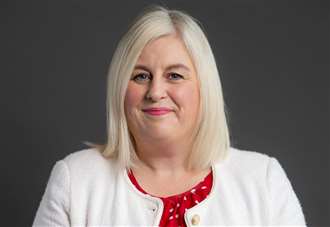
Cameroon held national elections on October 8, 2023, with the potential to extend the rule of President Paul Biya, who is currently the world’s oldest president at 92. Analysts predict a strong chance for Biya to secure another seven-year term, extending his tenure that began in 1982. If successful, he would be 99 years old at the end of this term.
Biya rose to power after the resignation of the country’s first leader, Ahmadou Ahidjo, and has since been declared the winner in seven subsequent elections. Since gaining independence in 1960, Cameroon has had just two presidents. Despite this long-standing leadership, recent developments suggest a shift in the political landscape.
Challenges for Biya’s Leadership
As Biya seeks re-election, concerns regarding his health and ability to govern have surfaced. He spends significant time in Europe, often delegating daily governance to trusted party officials and family members. Activist and professor at Syracuse University, Dr. Benjamin Akih, noted that this election might be different. “Mr. Biya was the weakest candidate the CPDM could put forward on account of his age and the poor state of the country after his 43 years in power,” he stated.
In addressing the nation, Biya emphasized his dedication to facing the pressing challenges Cameroon faces. “In the face of increasingly difficult international environment, the challenges facing us are more and more pressing,” he said. “In such a situation, I cannot shirk my mission.”
Biya is contending against nine opposition candidates, including former allies such as Issa Tchiroma Bakary, the former minister of employment, and Bello Bouba Maigari, previously the minister for tourism.
Biya cast his vote at a primary school in the capital, Yaounde, stating he would refrain from commenting on his political plans until the results are announced. The election results are expected by October 26, 2023.
Opposition Voices and Voter Sentiment
Joshua Osih, an opposition candidate from the Social Democratic Front and a member of parliament who finished fourth in the 2018 elections, expressed concerns about potential voter fraud. He emphasized the cumbersome nature of the voting process but remained hopeful for change. “The system makes it such that the elections cannot be free and fair, that we know,” Osih remarked.
Issues with the electoral process include the use of multiple ballots instead of a single ballot, which complicates counting. Cameroon operates on a single voting round system, where the candidate with the most votes wins.
Young voters, such as Cheukam Ginette, expressed their discontent with current conditions. “Things have to change. First of all, life is expensive, getting medical care is not easy,” she said outside a polling station. “There are no roads, we have potholes everywhere. Everything is ruined. That’s why I voted for the opposition.”
At a campaign rally in the northern city of Maroua, Biya promised significant changes for one of the nation’s poorest regions. The northern area, predominantly Muslim, accounts for nearly 20% of eligible voters and includes strong support for Maigari and Bakary.
Cameroon faces multiple security crises, including a secessionist conflict in the western region with English-speaking separatists and a lingering insurgency from Boko Haram in the north. According to UN estimates, at least 43% of the population lives in poverty based on core living standards.
Approximately 8 million voters, including over 34,000 living overseas, were eligible to cast their votes at more than 31,000 polling stations across Cameroon, which has a population exceeding 29 million. The majority of this population is young, highlighting the potential for a demographic shift in political power.
As the results are awaited, the future of leadership in Cameroon hangs in the balance, with citizens increasingly vocal about their desire for change.





